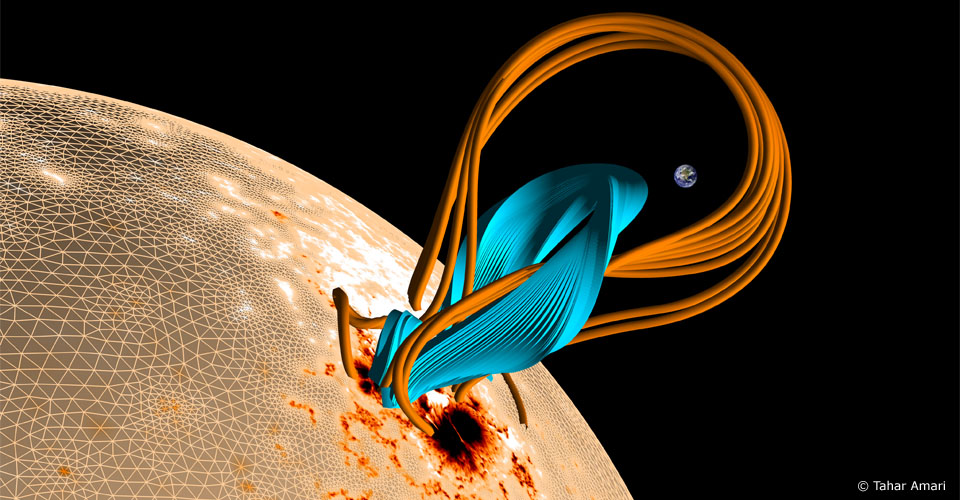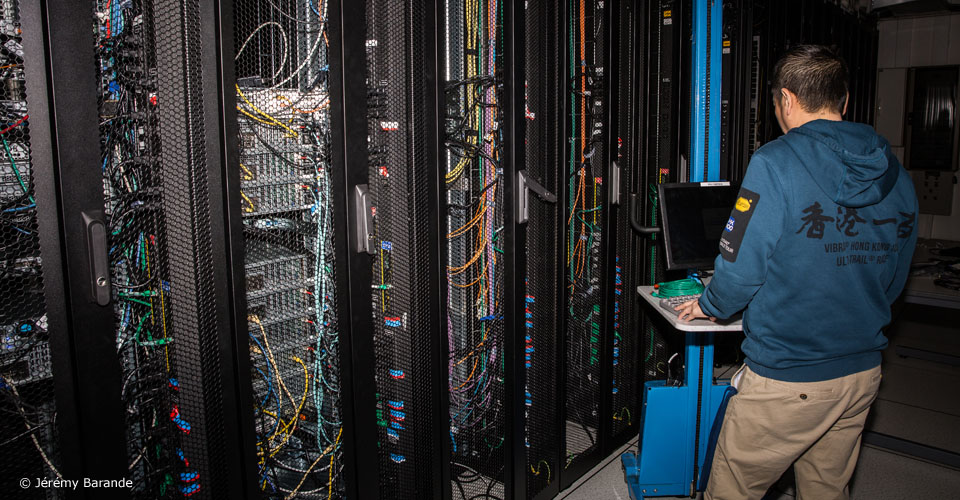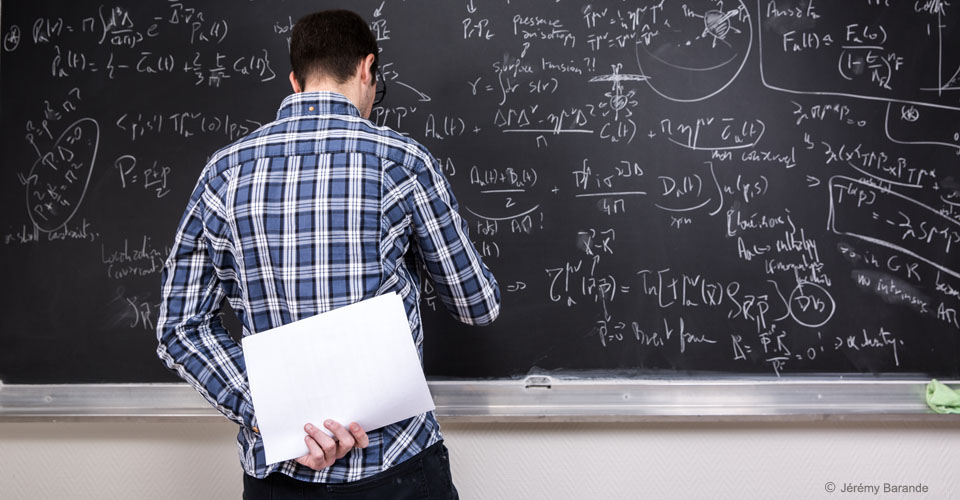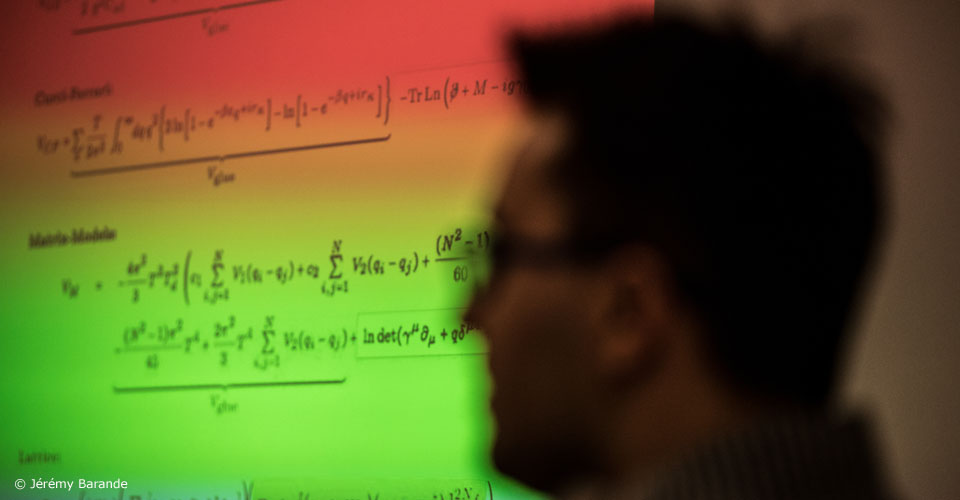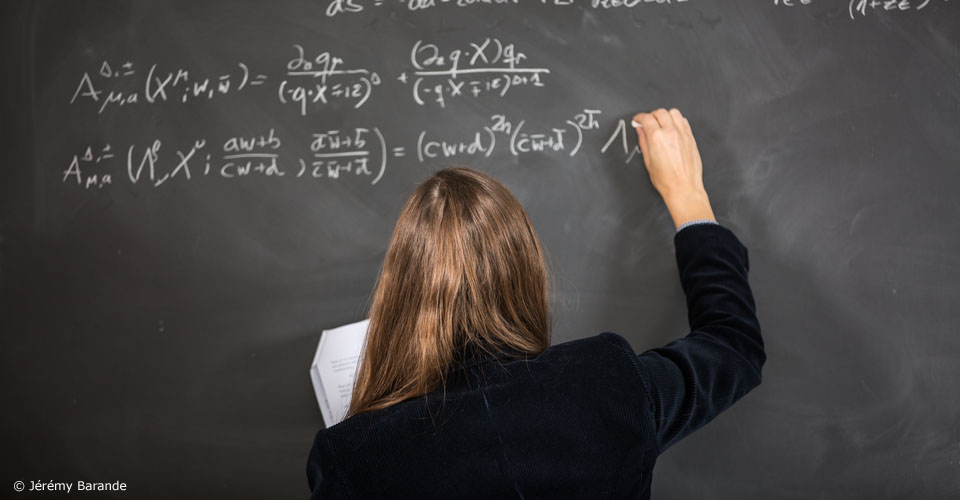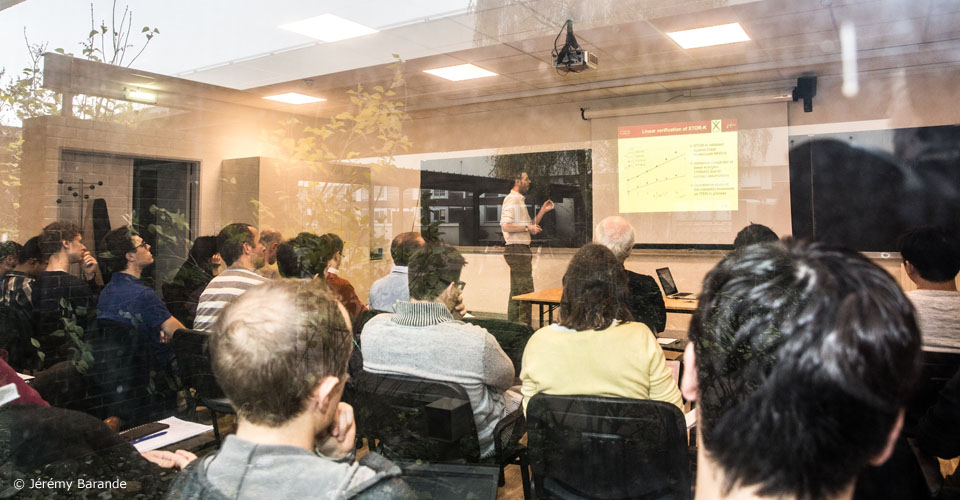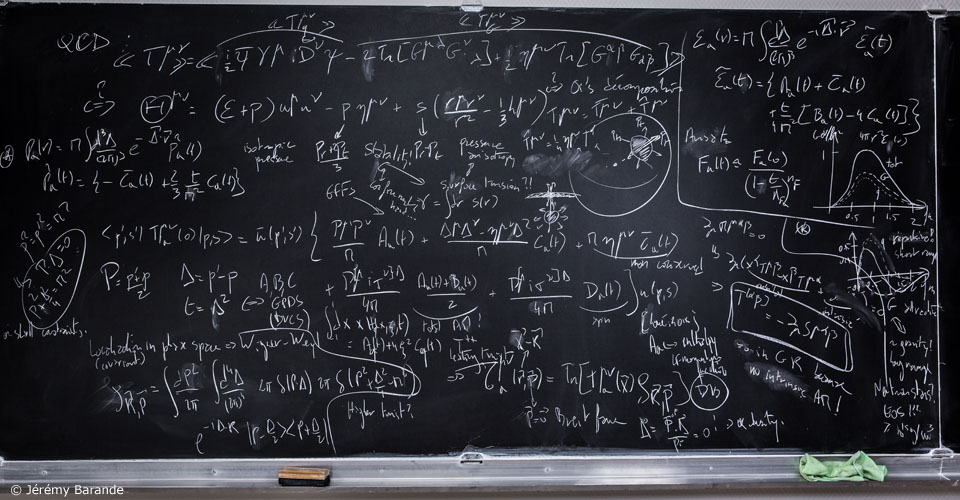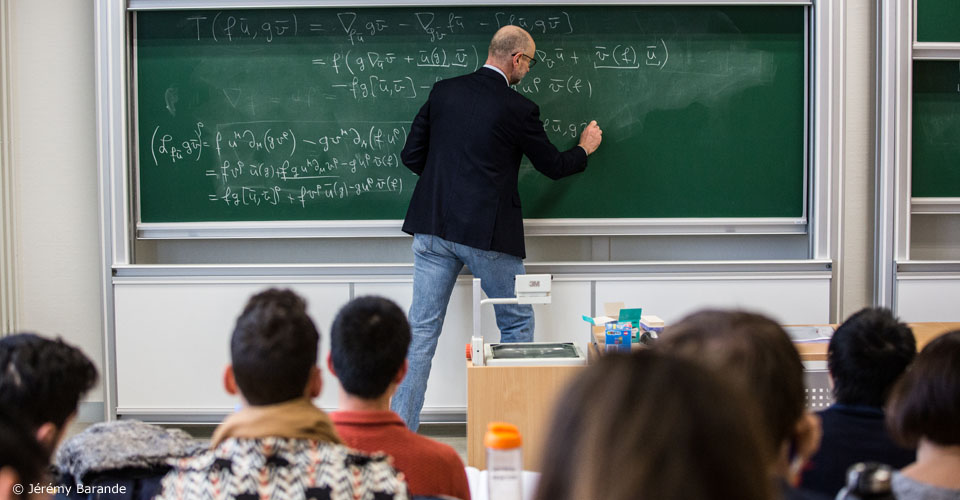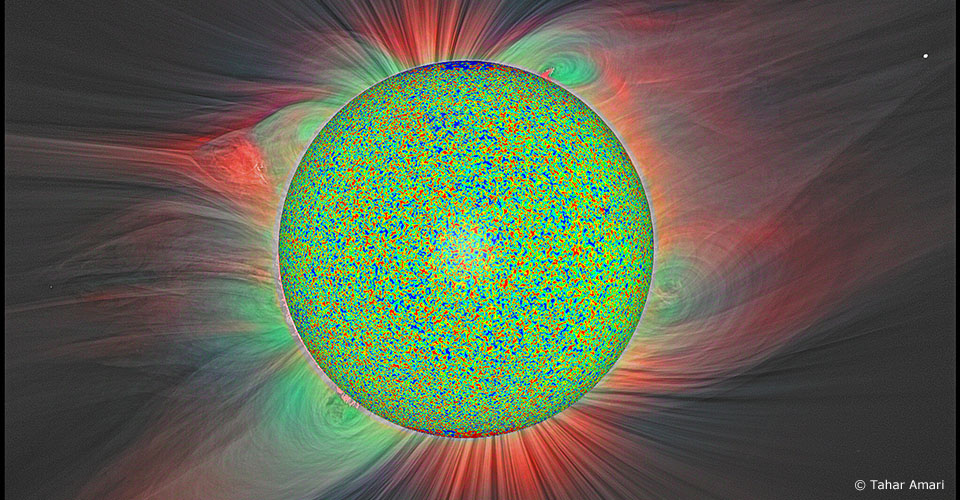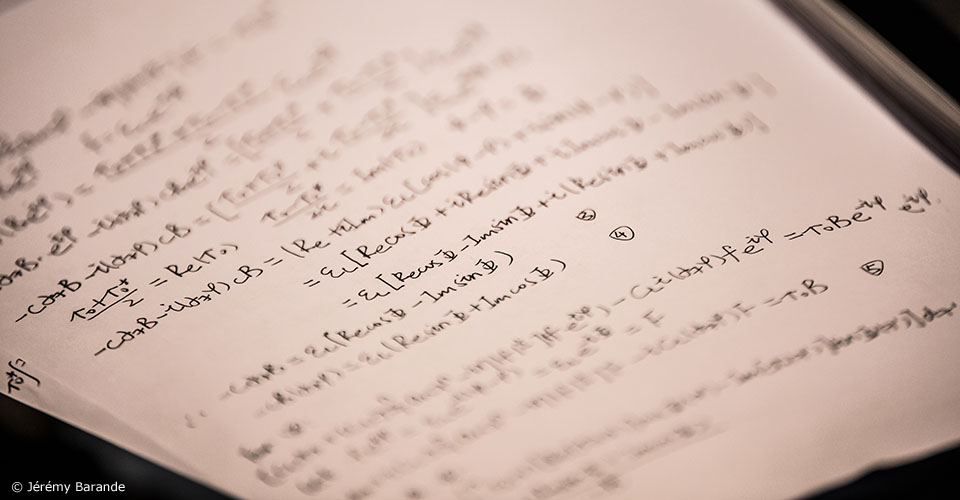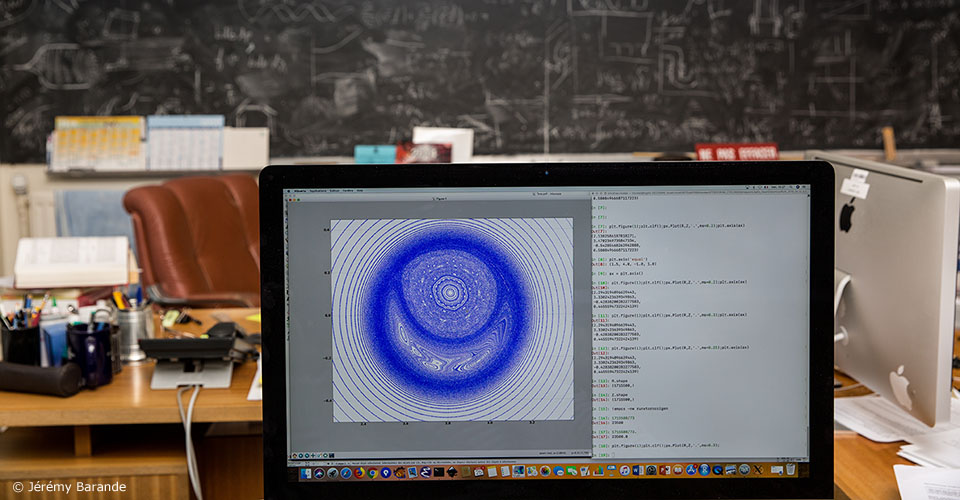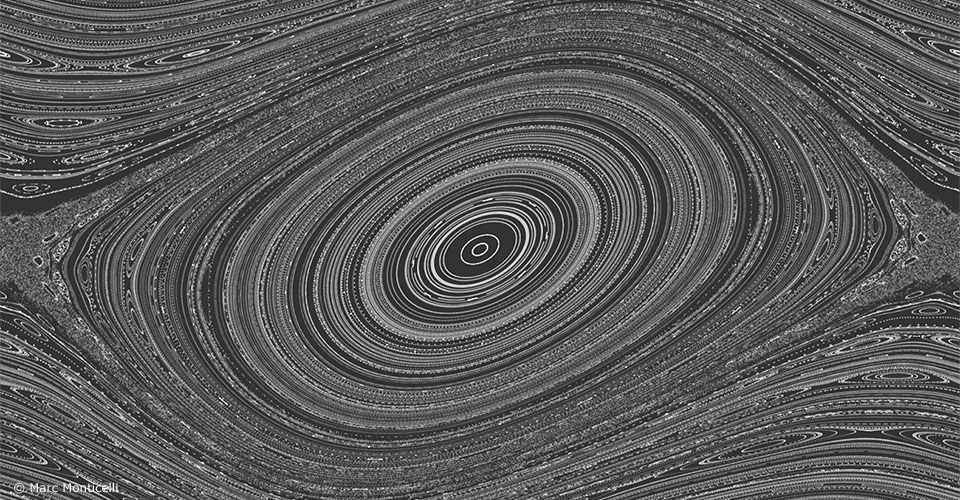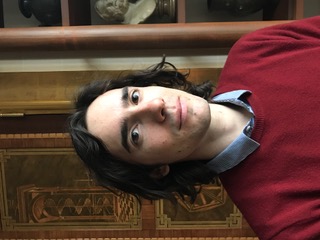PhD Defense announcement at CPHT
Thibaut Coudarchet will defend his Ph.D on Thursday 30th of September at 2pm. The defense will take place in "Amphi Lagarrigue".
Do not hesitate to join, simply do no forget to wear a mask.
There is also a zoom link to attend the defense online that I give you here:
30 sept. 2021 02:00 PM Paris
Zoom link:
https://us02web.zoom.us/j/81787410532
ID: 817 8741 0532
The title of the thesis is "String theory: Supersymmetry breaking, moduli stabilization and cosmological considerations".
Jury Members
M. Hervé PARTOUCHE, École polytechnique, Directeur de thèse
Mme Mariana GRAÑA,IPhT, CEA/Saclay, Rapporteure
M. Dan ISRAËL,LPTHE, Sorbonne Université, Rapporteur
M. Ignatios ANTONIADIS, LPTHE, Sorbonne Université, Examinateur
M. Augusto SAGNOTTI, École Normale Supérieure de Pise, Examinateur
M. Jan TROOST,LPENS, École Normale Supérieure, Examinateur
M. Toumbas NICOLAOS, Département de physique, Université de Chypre, Examinateur

